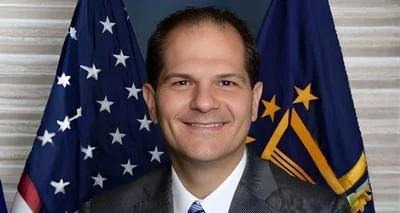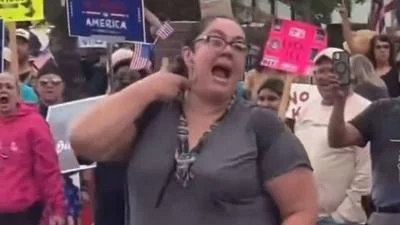First Deputy Supt. Eric Carter | Chicago Police Department/Facebook
First Deputy Supt. Eric Carter | Chicago Police Department/Facebook
First Deputy Supt. Eric Carter has been installed as interim police superintendent until Chicago’s next mayor appoints a permanent replacement for former Supt. David Brown.
Earlier this month, Brown announced his resignation after nearly three years on the job, a recent WTTW News report said. His announcement came just one day after Mayor Lori Lightfoot failed to secure her bid for reelection. Brown intends to return to Dallas, where he has accepted a position as chief operating officer for personal injury law firm Loncar Lyon Jenkins.
"It is my privilege to serve as interim superintendent and lead the brave men and women of CPD," Carter said in a statement, according to WTTW. "We will continue the progress we made under the leadership of Superintendent Brown to build trust in our communities and strengthen safety across every neighborhood."
Previously serving as the department’s second-in-command since July 2020, Carter holds the rank of first deputy superintendent and oversees deployment operations.
Chicago’s Community Commission for Public Safety and Accountability will assemble a list of possible choices for new superintendent to present to the new mayor. The race for the Chicago mayor's office is heading for an April 4 runoff showdown between candidates Paul Vallas and Brandon Johnson.
WTTW previously reported that during an appearance on “Chicago Tonight,” Johnson said he would look for someone with local ties to the community who “understands the unique nature of the city of Chicago” as a replacement for Brown. Johnson added that while he would prefer an officer from Chicago, he would be open to any candidate from across the country if they were the right fit. He also said he would promote 200 more detectives to the force and ensure that the Chicago Police Department would be reformed under the department's consent decree.
Candidate Vallas told WTTW that he would work to reform current policies that he believed "literally handcuffed" officers and prevented them from effectively doing their job.






 Alerts Sign-up
Alerts Sign-up